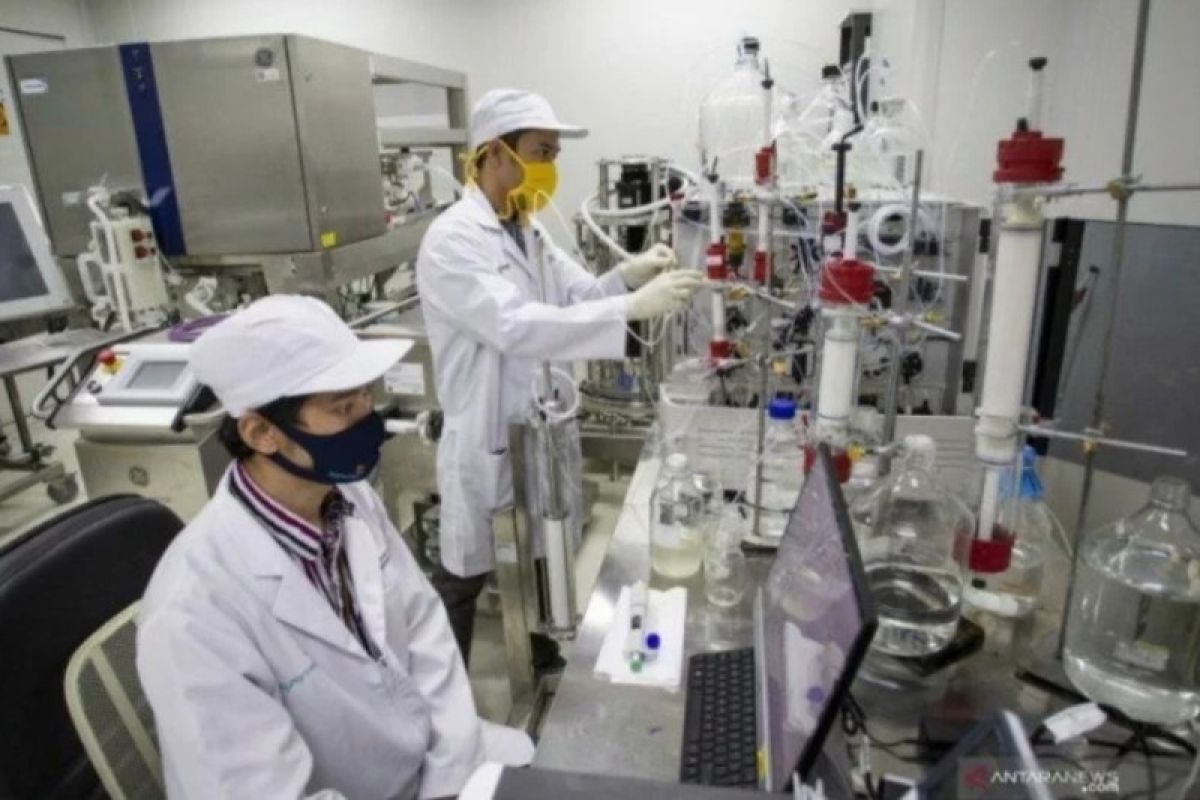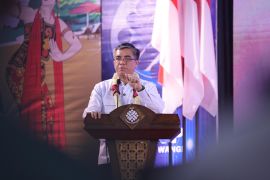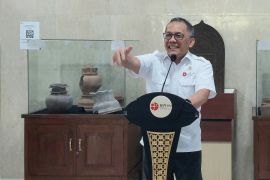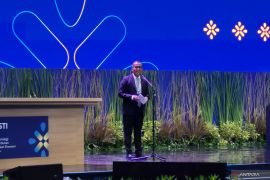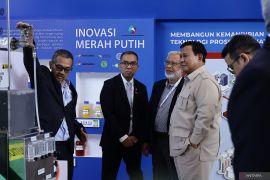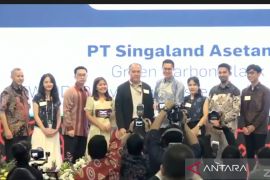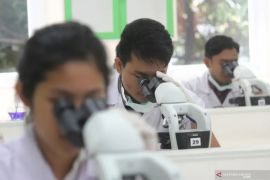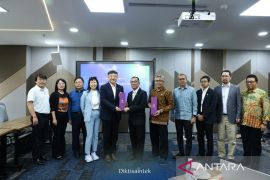"The first stage is having an idea. Is the idea good? Then, we should identify its benefits," explained Haznan Abimanyu, head of the BRIN's Energy and Manufacture Research Organization, during a press conference in Jakarta on Friday.
Moreover, the feasibility of the idea should also be tested to determine whether it makes sense or cannot be scientifically proven, he said.
Next, the idea needs to be reviewed based on supporting literature so that research related to the idea can be undertaken, he added.
"In research, experiments are repeated until they are successful," he said.
If the research is successful, then it is tested again if the innovation is in the field of technology, he added.
For instance, if the innovation is related to vehicle fuel, it needs to be tested to see whether it produces a higher amount of energy compared to the energy used to produce the fuel, he explained.
Additionally, a review is also conducted by observing other factors, such as the impact of the created products, the potential for commercialization, and their economic and eco-friendly value.
The created products also need to be certified to ensure accountability.
"This is similar to drugs. If you want the product to be used by the public, it should be certified," Abimanyu said.
During the press conference, the agency also declared its support and appreciation for public innovation through the Grassroot Innovation Facilitation Program.
"This program is one of our efforts to develop the technological innovation ecosystem among the public," said Dadan Nugraha, BRIN's Director of Research and Innovation Utilization in Ministries/Institutions, Communities, and Micro, Small, and Medium Enterprises.
Related news: BRIN supports public innovation through grassroot facilitation program
Related news: BRIN develops oral vaccine for hepatitis
Translator: Sean Filo M, Fadhli Ruhman
Editor: Anton Santoso
Copyright © ANTARA 2023
